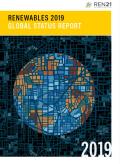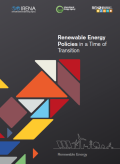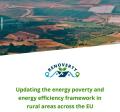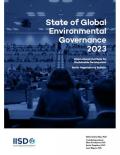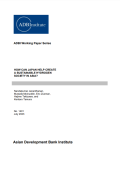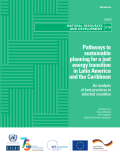According to the International Energy Agency, progress in electricity access is accelerating. Of the 1.2 billion people who have gained access since 2000, nearly all have gained access via connection to the main grid, with 70% of people getting access with power generated from fossil fuels; 45% coal, 19% natural gas and 7% oil (IEA, 2017). With fossil fuels still dominating the global energy mix, communities, businesses, and national governments are confronted by the energy trilemma: energy security, social equity, and environmental impact mitigation (World Energy Council, 2012). To help address this, the Clean Energy Solutions Center provides no-cost expert assistance on clean energy policy to representatives of government agencies and to technical institutes supporting them.
Relevance to SDGs
In line with Sustainable Development Goal (SDG) 7, there is a global movement to address these challenges by substantially increasing investment in renewable energy technologies and implementation, doubling the rate of improvement to energy efficiency, and changing user behaviours, with the aim to achieve absolute decoupling between energy consumption and economic growth.
Explore green growth resources related to SDG 7:
SDG 7.2
Renewable Energy SDG 7.3
Energy Efficiency SDG 7.a
Energy R&D
To achieve the emissions reductions pledged by governments as part of the Paris Climate Agreement, a huge shift in energy systems will be required. Public finance plays a critical role in leveraging low-carbon and climate-resilient investment in energy, but this transformational change will require large-scale private sector engagement. As well as providing funds for new investments, investors and banks have a role to play in working with energy companies to help them adapt their business models to ensure resilience through this energy systems shift.
According to the International Renewable Energy Agency, renewables could supply four-fifths of the world’s electricity by 2050, massively cutting carbon emissions and helping to mitigate climate change. The private sector provides the bulk of renewable energy investment globally, as renewable energy assets can provide a long-term, stable, inflation-linked revenue stream that suits the risk-return profile of institutional investors, as well as helping to fulfil their social and environmental mandates. However, a perception of high risk in emerging markets acts as a constraint on the development and financing of renewable energy projects in key countries. The use of public spending through multilateral development banks and dedicated funds can leverage considerable private sector investment by amalgamating and de-risking projects.




